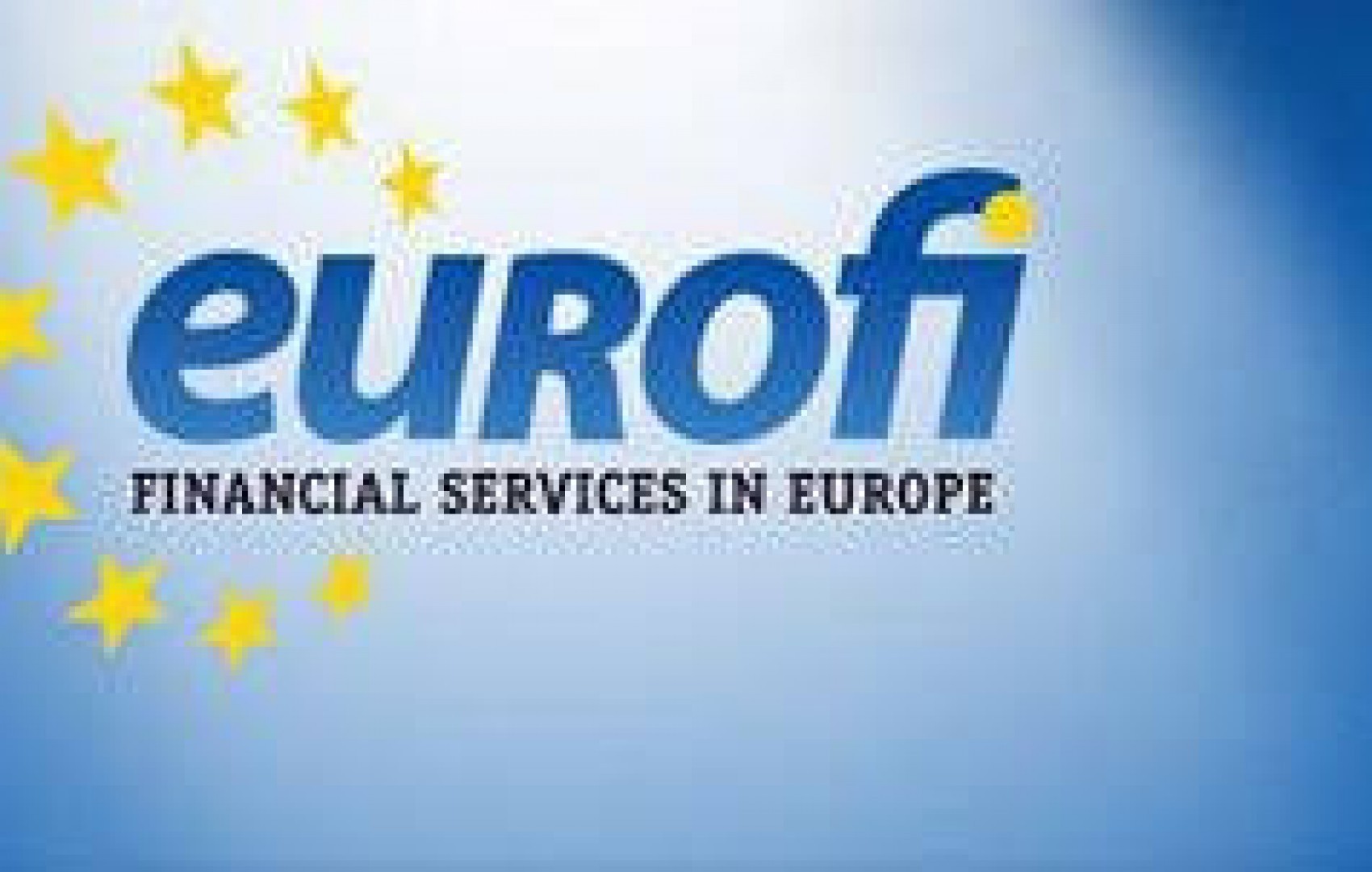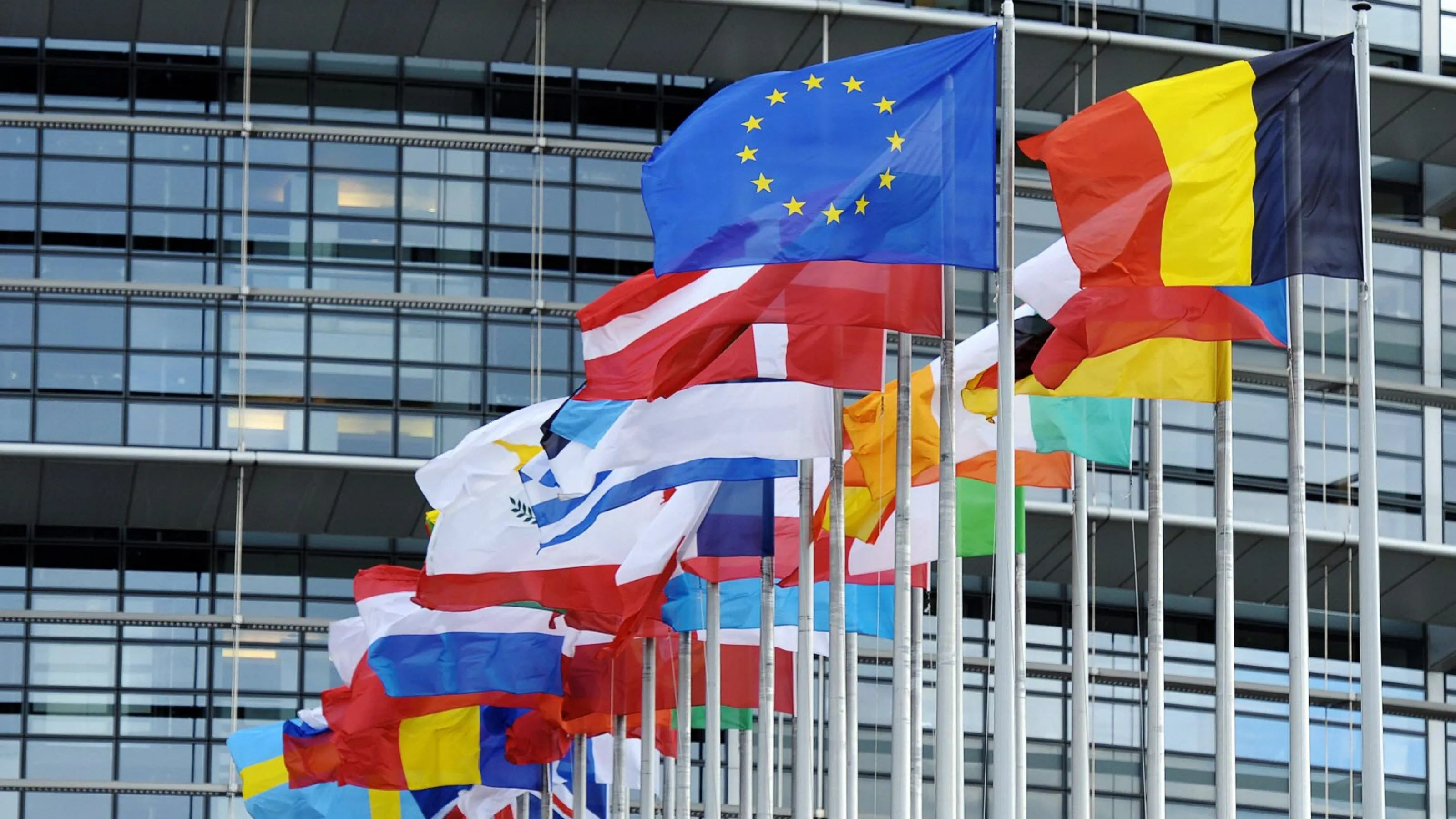A pan-European market for payments is at the heart of the EU promises to consumers and businesses. It should at the same time allow for innovation through competition on a level playing field and build autonomous capacity in the EU in light of growing global fragmentation and economic stimulus needs post-COVID crisis.
Decisive EU action to open competition in the retail payment space, in particular thanks to open finance pioneered in the Payment Service Directive (PSD2), has brought about innovation to the benefit of European consumers. Digital services offered by innovative players – for example on international transfers or currency conversion – have eased the daily lives of citizens travelling across the European continent and abroad. Through price transparency, consumers have been empowered to start a new dialogue with incumbent providers on payment services and associated charges. Consumers can also rely on price regulation when transparency is not enough to ensure they receive a fair treatment.
This welcome innovation should however not be at the expense of the protection guaranteed to all EU citizens. The EU rulebook on anti-money laundering, security, privacy, and consumer protection should be respected with the same level of ambition when the nature of services is comparable, regardless of the provider and with an equal level of protection across the EU. When exploring new payments solutions, we should also remain mindful of citizens that are less digital literate and that could encounter accessibility challenges.
European businesses have also benefited from the gradual buildup of an efficient payment system for the single market. The Single Euro Payments Area (SEPA) and the most recent TARGET Instant Payment Settlement (TIPS) have already shown the benefits of EU action to accelerate C2C, C2B and B2B transactions within the Eurozone. Cryptocurrencies could further smooth payment operations in the future. Enhanced individual portability of data access and reuse could also fuel innovative business models at all levels of the payment value chain.
European autonomy should be the cornerstone of all future EU initiatives, to preserve European sovereignty in the current crisis context. We need more action to reduce the knock-on effects of dependency on non-European card schemes, in order to preserve the independence of our foreign policy decisions and of our ability to finance economic recovery.
Similarly, the emergence of new actors, including BigTechs, in the payment and currency areas begs the question of the powers for European regulators to control the impact of these new ventures on the European economy, as we grow more reliant on access to digital services in our day-to-day lives.
The European Renaissance will require pan-European payment systems bringing innovative solutions for consumers and businesses. These new infrastructures and services will ensure that Europe remains autonomous in the wake of post- COVID recovery and with the disruption of economic models that digital innovation creates.
 Stéphanie Yon-Courtin
Stéphanie Yon-Courtin



